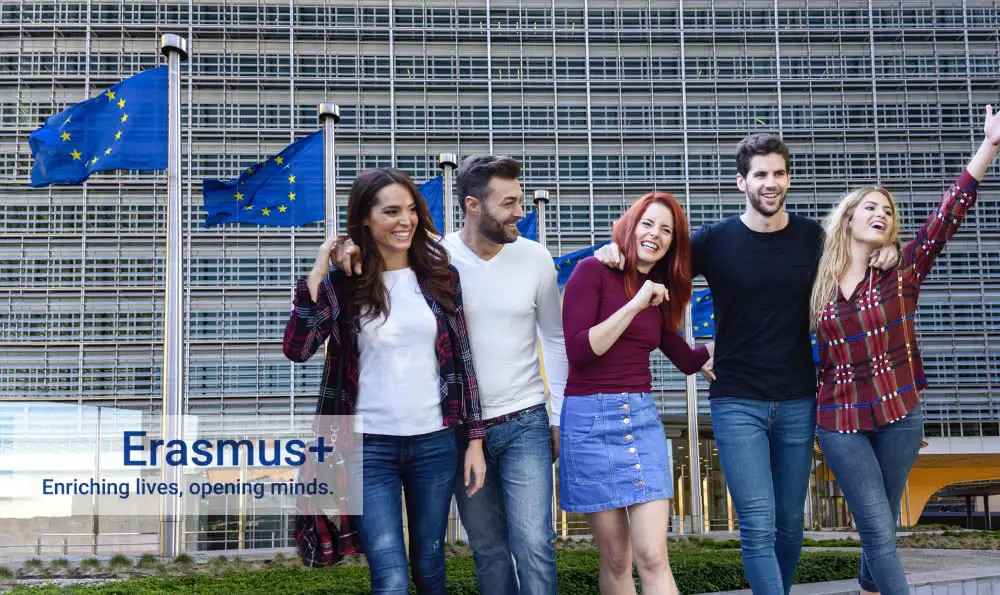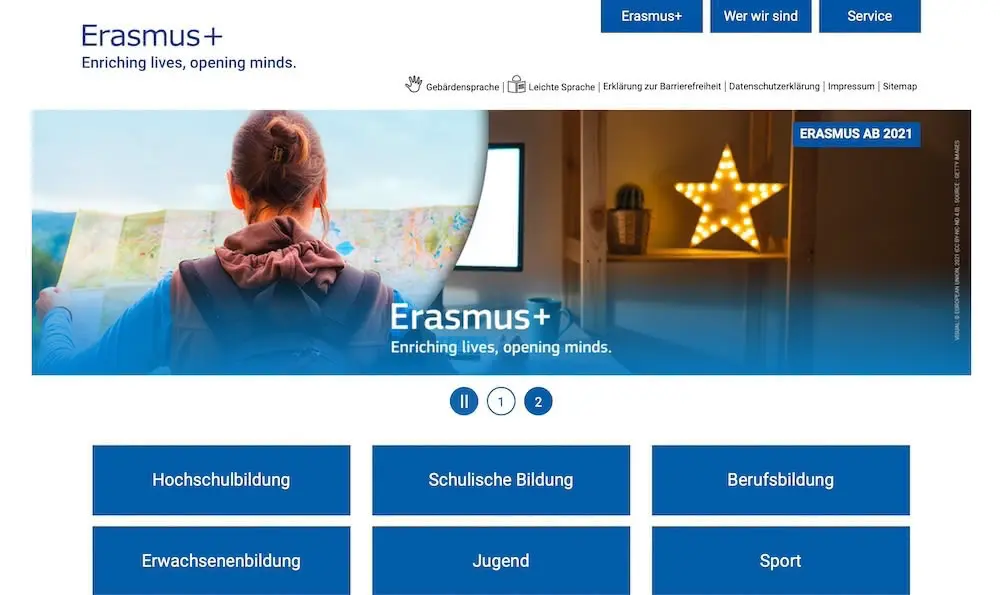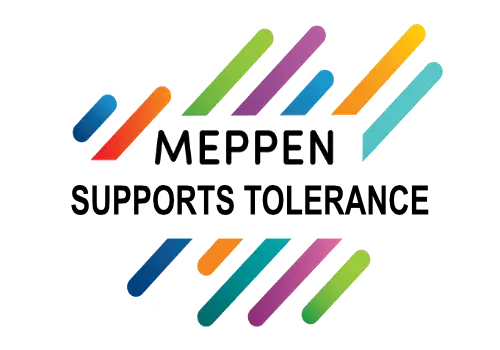
FUNDING
Erasmus+ is the European Union's education, training, youth and sport program, which was launched in 2014. It supports a wide range of education and youth projects that promote cross-border cooperation, mobility and exchange at European level. Erasmus+ not only promotes the education of young people and students, but also adult education. The program supports projects that offer adults the opportunity to expand their skills and abilities, discover new learning methods and promote their personal and professional development.

A particularly important aspect of Erasmus+ in adult education is the promotion of inclusion and diversity. In particular, the program supports disadvantaged adults, including people with a migrant background, older adults, people with disabilities or those living in rural areas, by providing them with access to educational opportunities that promote their integration and equal opportunities. Erasmus+ for adult learning thus contributes to a more inclusive, fairer and more dynamic society by giving adults the chance to continue their educational careers and improve their social and professional prospects.

Objectives of Erasmus+ in adult education
- Skill development: Erasmus+ promotes the improvement of adults' key competences, such as digital skills, language skills, social and professional skills, in order to increase their chances on the labour market and support their personal development.
- Inclusion and equal opportunities: The program places particular emphasis on supporting adults from disadvantaged groups by facilitating their access to educational opportunities and breaking down barriers.
- Promoting mobility: Adults are given the opportunity to participate in mobility projects, such as training and exchange programs, to benefit from international experiences and new learning methods.
- Innovative educational approaches: Erasmus+ supports projects that develop and test innovative teaching methods and methodologies in adult education, for example through the use of digital technologies or new didactic approaches.
- European cooperation and exchange: The programme promotes cooperation between different educational institutions, NGOs and organizations in Europe in order to exchange good practices and improve the quality of adult education.
